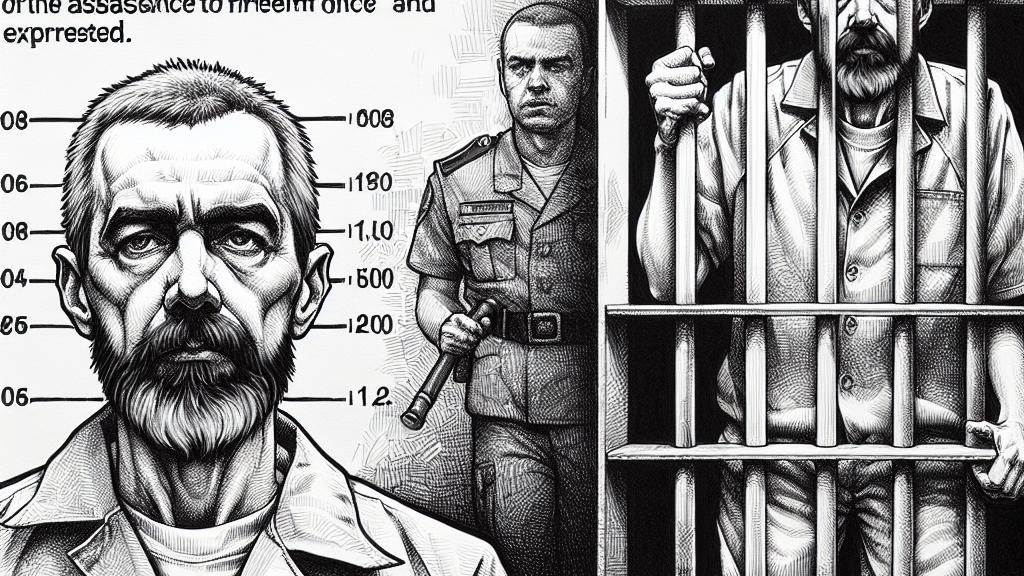The Unique Perspective of a Former Justice Minister on Prison Life
Overview
- Katsuaki Kawai, a former Justice Minister, shares profound experiences from his time in prison.
- His insights confront the traditional views on criminal justice and highlight the need for rehabilitation.
- Kawai passionately advocates for supportive reintegration strategies to help ex-offenders thrive.

Katsuaki Kawai's Unprecedented Journey
Katsuaki Kawai's journey from a high-ranking government official to an inmate is nothing short of astonishing. Once a figure of authority and respect, he faced a three-year prison sentence due to his involvement in a major bribery scandal during the 2019 Upper House elections. This fall from grace forced Kawai to confront the stark realities of the penal system, redefining his understanding of justice. Imagine, after years of addressing criminal issues from a position of power, he found himself living within the confining walls of a prison, where every day was marked by the absence of freedom and choice. Through this stark transition, Kawai gained a unique perspective on the flaws within the system that he once represented.
Insights from Inside the Prison Walls
During his time at Kiregawa Rehabilitation Center, Kawai was struck by the overwhelming disconnect between inmates and society. He spoke vividly about how many prisoners are often isolated, lacking the emotional and social support necessary for rehabilitation. For instance, while he received regular visits and letters from his wife, many of his fellow inmates were left waiting for comfort that never came. Kawai noted that these solitary experiences often led to hopelessness, creating a cycle of recidivism that was hard to break. His discussions with fellow inmates illuminated their feelings of abandonment, driving home the point that punitive measures alone are not a solution. Instead, he argued, there must be a focus on reintegration and support when inmates reenter society. This realization catalyzed Kawai's journey towards advocating for change within the criminal justice system.
A Call for Change in Criminal Justice Approaches
Kawai’s compelling narrative is a powerful plea for reform in Japan’s criminal justice framework. He asserts that the system must evolve from one that primarily punishes to one that genuinely rehabilitates. By nurturing connections and fostering supportive communities, society can significantly mitigate the chances of reoffending. Kawai passionately champions the idea that everyone deserves a second chance. He believes that with the right assistance and resources, individuals can overcome their past mistakes and contribute positively to society. His vision emphasizes a shift towards empathy and understanding, urging us all to embrace the journey of reintegration that every ex-offender deserves. Ultimately, Kawai's insights serve as a poignant reminder that redemption is possible, and with collective effort, we can create a society where forgiveness and support prevail over punishment alone.

Loading...